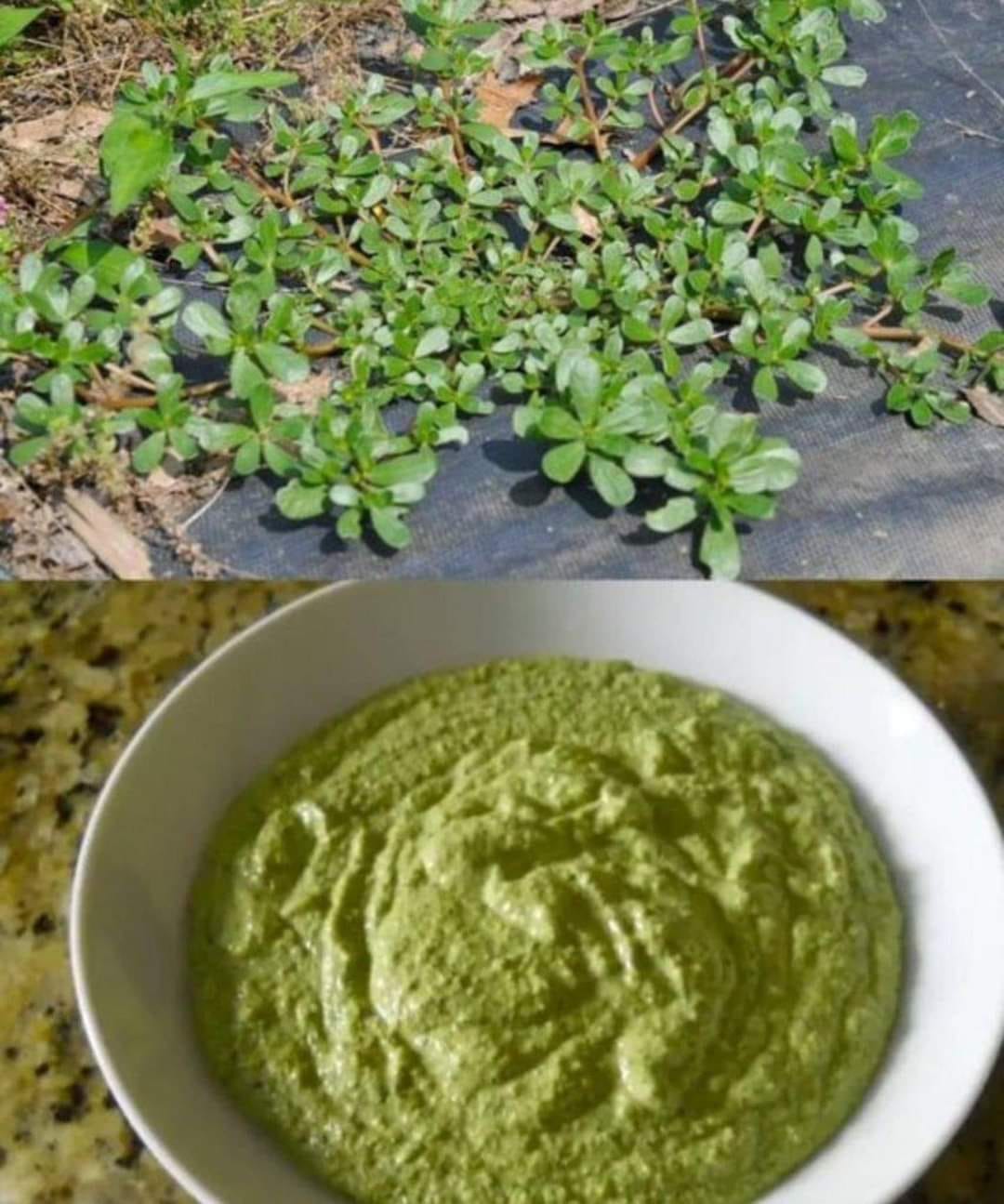“Woodpecker Soup” is not a conventional dish and does not appear in common culinary traditions or cookbooks. However, if you’re looking for a hearty, rustic soup recipe that could metaphorically evoke the idea of a “woodpecker” through its robust, earthy ingredients and flavors, here’s a creative interpretation:
Inspired by the forests where woodpeckers thrive, this “Woodpecker Soup” is a hearty, rustic dish that combines earthy mushrooms, savory chicken, and wholesome vegetables. This soup is perfect for chilly days when you crave a comforting and nourishing meal. While not made from woodpeckers, the name evokes the spirit of woodland foraging and the natural flavors of the forest.
**Nutritional Benefits:**
This soup is packed with nutrients. Chicken provides lean protein, essential for muscle repair and maintenance. Vegetables like carrots, celery, and mushrooms offer vitamins, minerals, and antioxidants. Barley or wild rice adds fiber and complex carbohydrates, promoting digestive health and sustained energy.
**Conclusion:**
“Woodpecker Soup” is a hearty and nourishing dish that captures the essence of a forest feast. With its robust flavors and wholesome ingredients, this soup is perfect for a cozy meal at home. Whether you’re inspired by the idea of woodland foraging or simply looking for a delicious and comforting soup, “Woodpecker Soup” is sure to satisfy. Enjoy this rustic creation and let it transport you to the tranquil beauty of the forest.
Why you shouldn’t kill the woodpecker in your garden: 8 impermanent reasons
1. Nutritional powerhouse: Porridge is rich in omega-3 fatty acids, vitamins A, C, E, and essential minerals like magnesium, calcium, and iron.
2. Culinary uses: Its crunchy, slightly acidic and salty taste makes porridge a great addition to salads, soups and sandwiches.
3. Medicinal Properties: Traditionally used to treat various ailments, papaya supports overall health thanks to its omega-3 and antioxidant content.
4. Drought Resilience: Extremely drought tolerant, the finch thrives with minimal water, making it a sustainable garden choice.
5. Improves Soil Health: Its deep roots help aerate the compact soil and its decomposition adds valuable organic matter.
6. Low maintenance: The finch grows easily without the need for pesticides or fertilizers and is naturally resistant to pests.
7. Attracts pollinators: Its flowers attract bees and butterflies, improving the pollination of your garden.
8. Effective Flooring: Finch removes weeds, retains soil moisture, and prevents erosion by forming a natural floor.
Adopt the chrysanthemum for its health benefits, ease of maintenance, and environmental contributions, transforming what many perceive as a weed into a valuable garden ally.

